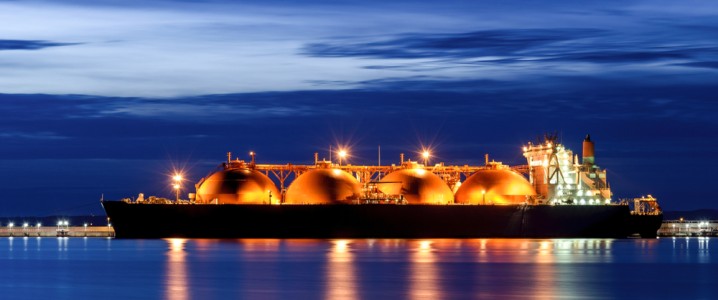
The chief executive of TotalEnergies, Patrick Pouyanne, has indicated that Russian liquefied natural gas (LNG) supplies could be redirected to Turkey and India if the European Union (EU) formalizes a ban on Russian LNG imports. TotalEnergies, a prominent French oil and gas company, holds a 20% stake in the Yamal LNG export project, which is currently not under Western sanctions.
During an investor day presentation in New York, Pouyanne elaborated on TotalEnergies’ long-term contract allowing the company to lift LNG cargoes from the Yamal project. Of the 5 million tons of LNG to which TotalEnergies is entitled, 2 million tons are delivered to Europe, another 2 million tons to Asia, and 1 million ton remains unspecified in destination.
Potential Redirection of LNG Cargoes
In a significant comment regarding the proposed EU ban, Pouyanne suggested that if the ban is enacted, the company could redirect LNG cargoes to regions outside Europe, specifically mentioning Turkey and India. He noted that “Turkey is not far from Europe, it’s not in the EU,” indicating potential logistical advantages for rerouting supplies.
As the United States intensifies pressure on Europe to reduce energy revenues flowing to Russia, the EU has moved to expedite its ban on Russian LNG imports. Earlier this month, the European Commission proposed its 19th sanctions package against Russia in response to the ongoing conflict in Ukraine. This latest package aims to shift the timeline for phasing out Russian LNG imports from the planned end date of 2027 to a new target of January 1, 2027. The proposal requires unanimous approval from all EU member states before it can take effect.
Implications for TotalEnergies
Pouyanne emphasized the uncertainty surrounding the political landscape, stating, “We are waiting to see what political leaders will do.” He clarified that the draft presented to TotalEnergies was not a sanction but more akin to a ban. If the Yamal LNG project were to be sanctioned, TotalEnergies would be compelled to declare force majeure and halt deliveries. However, should a ban on EU imports be enacted, the company could pivot its cargoes to alternative markets.
This situation underscores the complexities of energy supply chains in the current geopolitical climate, particularly as European nations seek to diminish reliance on Russian energy amidst the ongoing conflict. The potential for TotalEnergies to redirect LNG supplies to Turkey and India highlights the shifting dynamics in global energy markets and the far-reaching implications of political decisions in Europe.
As the situation develops, stakeholders in the energy sector will be closely monitoring the EU’s actions and the corresponding responses from major energy firms like TotalEnergies.







